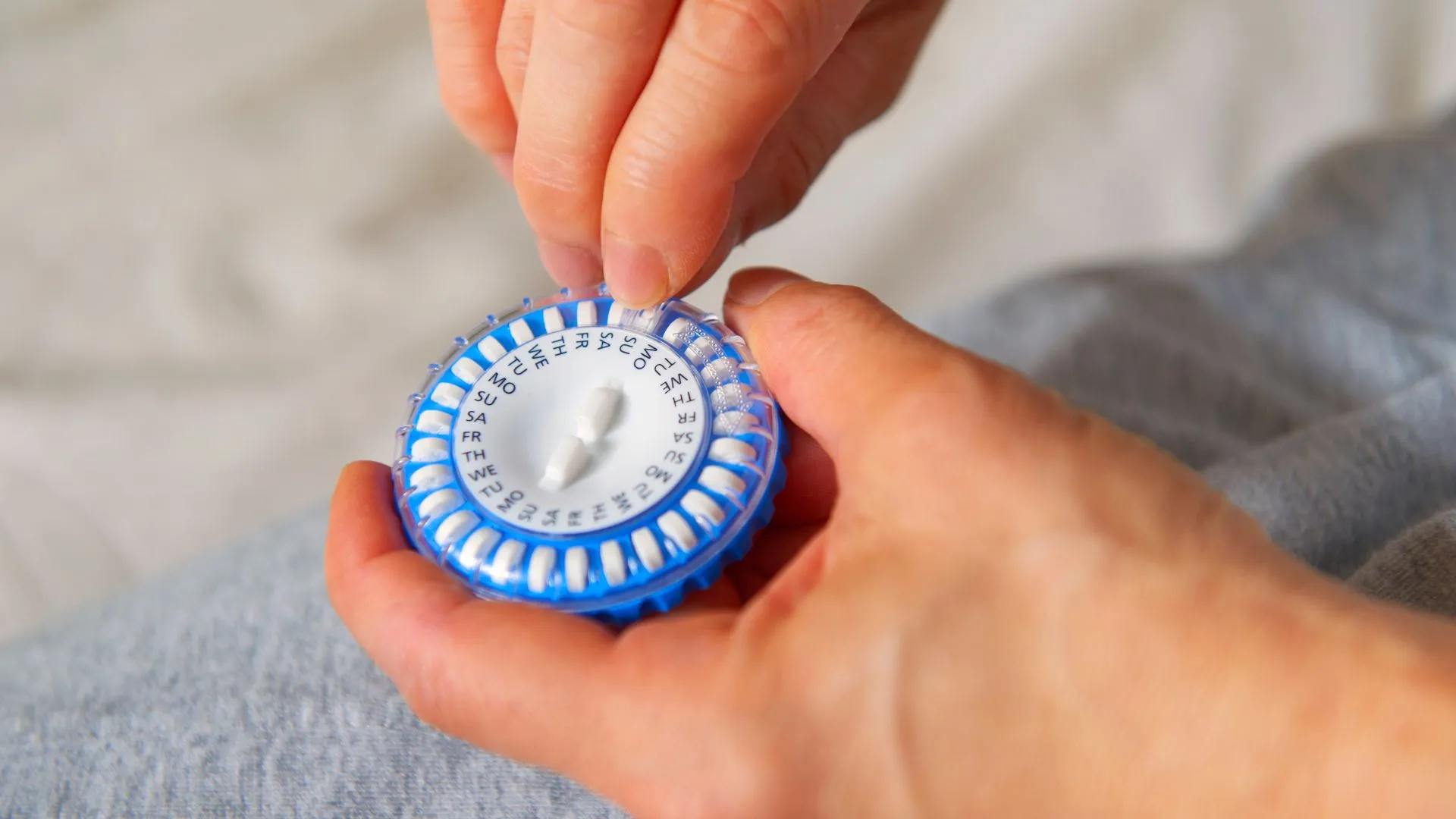What is Hormone Replacement Therapy and how safe is it?
Sign up for more LGBTQ+ news and updates at TrueQueer.
In recent years, hormone replacement therapy (HRT) has become an integral part of gender-affirming treatment for many transgender and non-binary individuals. However, there have been concerns raised about the safety of HRT and its potential links to cancer. Despite these reports, gender-affirming care, including HRT, is considered safe and many cisgender individuals also take similar medications prescribed to transgender individuals.
HRT encompasses several hormone therapies, such as oestrogen, progesterone, and testosterone, which are used by transgender and non-binary individuals as part of their gender-affirming healthcare. Feminising HRT, which typically includes oestrogen or progesterone, is commonly used to alleviate menopausal symptoms or to assist transgender women and some non-binary individuals in aligning their physical characteristics with their gender identity.
The administration of HRT can vary, with options including tablets, patches, gels, or sprays. Masculinising testosterone therapy, commonly referred to as “T”, can be administered through injections, pills, gels, or patches. The effects of feminising HRT may include an increase in breast tissue size, lighter and softer body hair, decreased sperm production and testosterone levels, and softened facial features. On the other hand, testosterone therapy can stop periods, deepen the voice, increase muscle mass, and cause thicker and darker body hair.
While there are risks associated with HRT, similar to many medications, the benefits of using feminising HRT typically outweigh the risks. According to the NHS, recent evidence suggests that the risk of serious side effects is very low for all individuals. Combined HRT may slightly increase the risk of breast cancer, while oestrogen-only HRT poses little to no increased risk. Additionally, HRT may slightly elevate the risk of blood clots when taken in tablet form, but not when administered through patches, sprays, or gels.
Common side effects of HRT may include headaches, diarrhoea, changes in sex drive, weight gain, acne, depression, and tiredness. However, there may also be incidental benefits to the medication, such as a decreased risk of colorectal cancers. Testosterone therapy can carry risks of liver damage when taken in pill form and may increase the risk of heart attacks, strokes, and blood clots due to blood thickening.
Overall, gender-affirming care has been proven to be safe and even life-saving in some cases. In a study conducted in 2023, gender-affirming care was found to reduce incidences of depression by 50% and suicidal thoughts by 55%. It is crucial that individuals considering hormone therapy discuss their medical history, risk factors, and concerns with a healthcare provider to receive individualized guidance.
Despite the safety and effectiveness of HRT, there have been myths perpetuated about transgender healthcare. Anti-trans campaigners have attempted to create panic around transgender healthcare, leading to bans on gender-affirming care for young people in certain US states. Additionally, misinformation about transgender individuals causing an HRT shortage in the UK has been debunked. Data from menopause charities indicates that awareness around HRT as a treatment for menopause has increased demand for the drug.
Another myth surrounding transgender healthcare is the idea that individuals may regret transitioning or undergoing gender-affirming care. However, studies have shown that transition-related regret is rare, with only a small percentage of individuals experiencing regret and even fewer opting to de-transition.
In conclusion, hormone replacement therapy is a safe and effective treatment when monitored by a healthcare provider. It plays a crucial role in alleviating gender dysphoria and aligning physical characteristics with gender identity for many transgender and non-binary individuals. It is important to weigh the potential benefits against the risks when considering hormone therapy and to have thorough discussions with healthcare providers to ensure individualized care.
Follow us on: Facebook for more LGBTQ+ news and updates at TrueQueer.
Hormone Replacement Therapy
![]()

